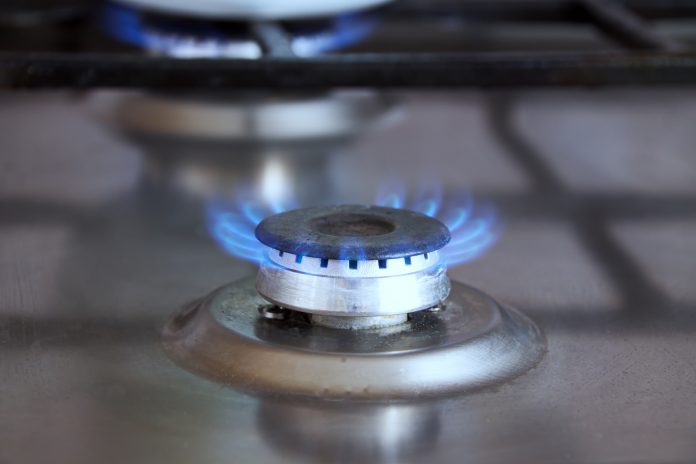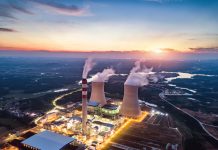Here, Beckie Hatton, Product Manager, at Home Appliance Care shares her tips for gas safety and tells us how we can make sure we’re staying safe
Gas has been used in our homes for over a century, and it is still one of the most common sources of energy available. Many of our boilers, cookers, fireplaces and other equipment use gas to create heat, and gas-powered appliances can often be a lot cheaper to run than electrical ones. However, unsafe gas appliances have the potential to leak gas, which can cause fires, explosions, and carbon monoxide poisoning, all of which are extremely dangerous and can kill instantly.
This Gas Safety Week, we should all take the time to learn the warning signs we need to look out for and check our appliances to make sure they are safe to use. By following the tips below, you can keep yourself and those around you safe from gas disasters.
Get your appliances checked every year
To comply with the warranty, insurance claims, and UK law, your gas boiler must be serviced at least once a year by a qualified engineer. Failing to do so not only voids any cover you may have on your boiler, but it means that issues and faults go unchecked. These can cause your boiler to be inefficient, costing you money, but more importantly, it has the potential to cause deadly disasters.
Remember to always check the engineer who comes to do your annual service is Gas Safety certified. Only two in five people who hire a gas engineer ask to see their Gas Safe ID (Gas Safe Register) but, if the engineer doesn’t have one, they’re operating illegally. If they haven’t had the correct training, they could make dangerous mistakes so you should always to ask to see proof of their certification.
Ask for your Gas Safety certificates
When you move into a new house, you should be given the Gas Safety certificates for the property to declare that it’s safe. If you don’t receive any, you have the right to ask for them. If you’re renting, it’s the landlord’s responsibility to organise annual Gas Safety checks and they are expected to keep a record of these for you. They should also organise an additional check before you move in and present you with the certificate.
Don’t tamper with or misuse your gas appliance
Tampering with gas appliances can be fatal. Even if your appliance is broken and you think you know what’s wrong with it, you should call an emergency Gas Safe engineer rather than attempt to fix it yourself. It’s also crucial that you also only use your appliance in the way it’s intended so that nothing breaks, and to decrease the risk of them becoming dangerous. You should never use a gas cooker to heat a room, for example, or cook food over your gas fire.
Maintain your appliances
Excluding your boiler, which should only be handled by a professional, you should clean your appliances regularly according to their manufacturers’ instructions. This can help to prevent build-ups of dirt and blocked ventilations that can cause fires. You should also check your appliances every so often for loose pipes and indicators that they could be unsafe. Aim to check and test your appliances about once a month so you can catch potential problems as early as possible.
Warning signs and symptoms
A third of UK adults said that they don’t know the signs of an unsafe gas appliance (Gas Safe Register), so this Gas Safety week take the time to learn the key indicators. If you notice any of the following during your quick monthly check, call an emergency Gas Safe engineer immediately:
- Yellow flames instead of a crisp, clean blue, including pilot lights
- Black marks or stains on or around your gas appliance
- Excessive condensation
Unsafe gas appliances can also give off deadly carbon monoxide. It’s estimated that around 50 people die every year from CO poisoning and another 4000 are hospitalised (GOV.uk). You can’t see, taste, or smell carbon monoxide, which is why it is known as the ‘silent killer’. However, there are a few symptoms you should be aware of that could indicate that there is a gas leak in your property:
- Headaches
- Dizziness
- Nausea
- Breathlessness
- Confused behaviour
- Falling unconscious
If you experience these symptoms, vacate the premises and call an emergency Gas Safe engineer immediately. It’s better to be safe than sorry.
Fit a carbon monoxide alarm
Because carbon monoxide is undetectable, you should have a carbon monoxide alarm fitted in your home to warn you if there are dangerous levels present. 25% of people do not have a working carbon monoxide alarm (Gas Safe Register), so check yours is working about once a month. If you don’t have a carbon monoxide alarm you can purchase one yourself or contact your gas company to see if they can provide you with one.











